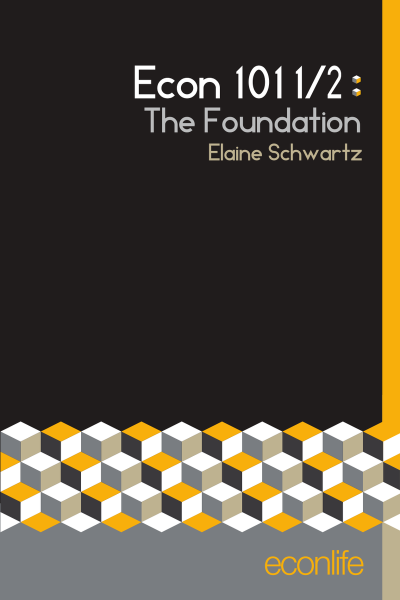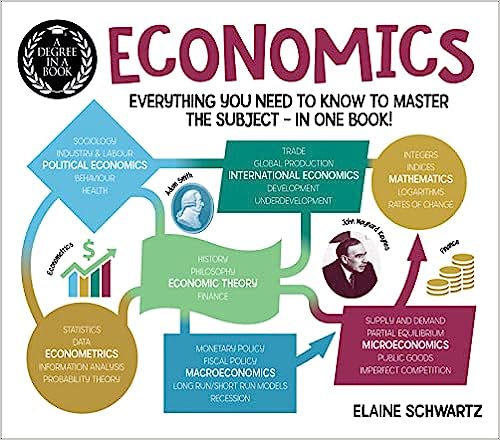As a technological innovation, air conditioning led to a ripple of positive externalities. Affecting how we live and work, it had private and social return.
Our Weekly Roundup: From Misery to Chocolate
This week’s everyday economics stories involved quantitative easing, monetary and fiscal policy, supply and demand, ROI, GDP, unemployment and inflation.
Is Ebola Threatening the Price of Chocolate?
While Ebola fear caused raw cocoa futures prices to rise in September, its long term rise has been because of more demand from developing nations.
You’ll Need a License for That
With the Supreme Court deciding if North Carolina’s dentists can exclusively whiten teeth, the pros and cons of occupational licenses are being debated.
There Is No Such Thing as a Free Charge
Electric vehicle subsidies change a slew of incentives that range from car purchases to commuting and parking decisions.
Why There is Less Marriage
New attitudes that value marriage less and new economics through which women have more pay and education and men work less have changed marriage markets.
The Unexpected Consequences of More Efficient Lighting
Like 19th century English coal, more efficient and cheap LED lights can mean people and businesses use it more because of the lower opportunity cost.
A Solution for Too Few Doctors: More Patience
Decreases in supply, increases in demand and legislative price ceilings are resulting in “network adequacy” problems for U.S. healthcare systems.
Weekly Roundup: From Lemons to Longevity
This week’s stories on everyday economics include baby boomer dependency ratios, disposable income, human capital, the price system, the money supply and the iPhone 6 supply chain.



















